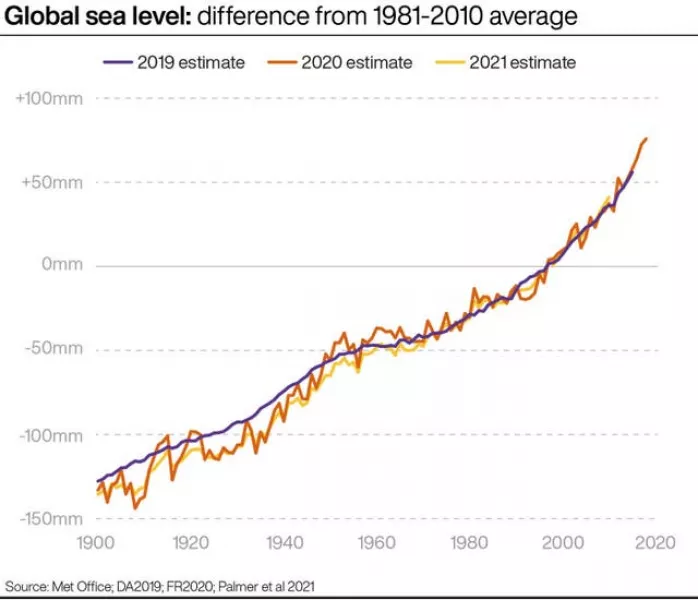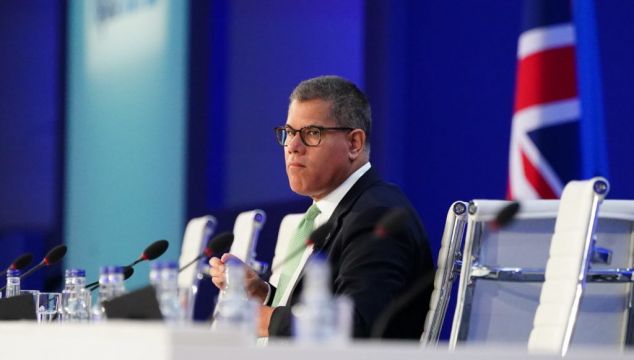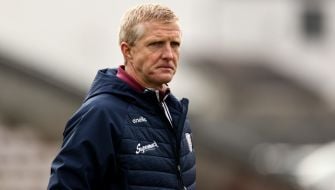Negotiators at Cop26 have been told the “world is watching us, willing us to reach an agreement” as they debated a deal for more climate action at the overrunning talks.
They are considering the latest draft of the deal that could be struck, published on Saturday morning more than 13 hours after the UN climate summit in Glasgow was due to have finished.
There has been a pushback on the draft deal’s historic inclusion of language about phasing out unabated coal and inefficient fossil fuel subsidies, which has survived into the near-final draft.
The draft also requests that countries “revisit and strengthen” their 2030 emissions-cutting targets by the end of 2022, to meet the goal of the Paris Agreement where countries committed to limiting temperature rises to “well below” 2 degrees and trying to limit them to 1.5 degrees.

This is seen as key to keeping the goal of limiting global warming to 1.5 degrees – beyond which the worst impacts of extreme weather and rising seas will be felt – within reach, although it does not specifically refer to the 1.5 degrees goal.
It also calls for countries to make efforts to accelerate the phase out of unabated coal and inefficient fossil fuel subsidies – the first time a climate change agreement of this kind specifically mentions coal or fossil fuels.
But it also recognises the need for support towards a “just transition”, seen as important to protect those in countries who might be hit by job losses or higher costs from the shift to clean energy.
The deal on the table urges developed countries to at least double their collective provision of climate finance to help developing nations adapt to climate change from 2019 levels by 2025.
The “cover decision” also includes efforts on loss and damage to people’s homes, livelihoods, land and infrastructure that vulnerable countries face from climate-related rising seas, storms, floods and droughts.

It includes measures to establish a “dialogue” between countries and organisations to discuss the arrangements for the funding of activities to avert, minimise and address loss and damage – but does not involve rich countries paying compensation for climate harm they have caused.
India has called for language relating to the phasing out of fossil fuels and their subsidies to be stripped out of the text, while China and several other countries also raised concerns about the passage, although major coal producer Australia said it was happy with the deal.
While some of the most vulnerable countries in the world raised concerns about limitations of the deal, particularly on loss and damage, they said they were prepared to accept it in a spirit of compromise.
Starting the plenary session of the talks, Cop26 president Alok Sharma said: “We want to conclude this Cop this afternoon friends, the world is watching us, willing us to reach an agreement here for the sake of our planet and for present and future generations.
“I believe that the text before you delivers on the expectations and the priorities that you have communicated to my team and to me over the past few years, and they do so in a balanced manner, leaving no issue and no party behind.
“So I invite you to join together this afternoon to bring this collective effort to a successful conclusion to demonstrate that unity of purpose that our leaders at the start of this summit and indeed our people across the world demand.”
US climate envoy John Kerry said he believed the deal “raises ambition on a global basis”, while the EU’s Frans Timmermans urged other countries: “Please embrace this text so that we can bring hope to the hearts of our children and grandchildren. They’re waiting for us, they will not forgive us if we fail.”
The finance minister from Tuvalu in the South Pacific, Seve Paeniu, showed the Cop26 climate summit in Glasgow a photo of his three grandchildren as he told those present the conference has “made a promise to secure their future”.
Telling delegates he had been thinking about what he would tell them on his return to Tuvalu, he said: “I will now be able to tell them that Glasgow has made a promise to secure their future – that will be the best Christmas gift that I will present to them.”







